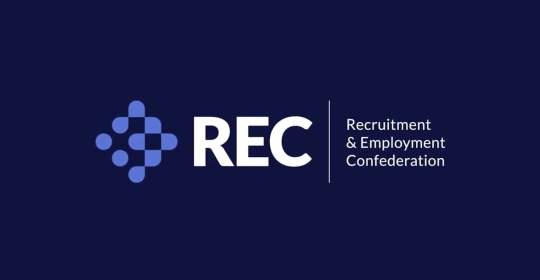The net balance of employers who think economic conditions are getting better over worse grew seven points since March, but remains negative at -3. Twenty-nine per cent of employers think economic conditions are worsening and 26 per cent think they are improving.
Despite the improvement in employer confidence, permanent hiring plans remain on a downwards trajectory with only 14 per cent of employers planning increases in the short-term, down from 22 per cent this time last year.
However, more employers are certain about their temporary hiring plans. Just 12 per cent don’t know their short-term plans, down from 18 per cent in March and 34 per cent in February.
The survey of 600 employers also shows:
- Availability of temporary agency workers is becoming a bigger problem with nearly half (47 per cent) of employers believing there will be a shortage of appropriate candidates in any of the sectors they cover, up from a third (35 per cent) last month.
- The proportion of employers who increased headcount (44 per cent) or pay (47 per cent) in the previous year has been falling since June 2017, likely as a result of the decline in employer confidence since the EU referendum.
REC director of policy Tom Hadley says:
“The boosted mood of employers is an important step forward, especially as permanent hiring has been on a downwards trajectory. This more positive vibe will hopefully see more businesses growing their teams and ramping up their hiring plans.
“However, we can’t get ahead of ourselves. Too many employers still feel down about the economy. Even if they want to expand their workforce, they are worried about finding the workers they need, especially for temporary roles. Short-term placements are crucial for jobs that are seasonal or project-based, like hotel staff during holiday season, or construction workers on major infrastructure projects.
“Employers in hospitality, construction and health especially rely on temporary workers from the EU and will suffer if they can’t access them. The post-Brexit immigration system has to reflect the importance of temporary staff and ensure that processes are as quick and efficient as possible.”








